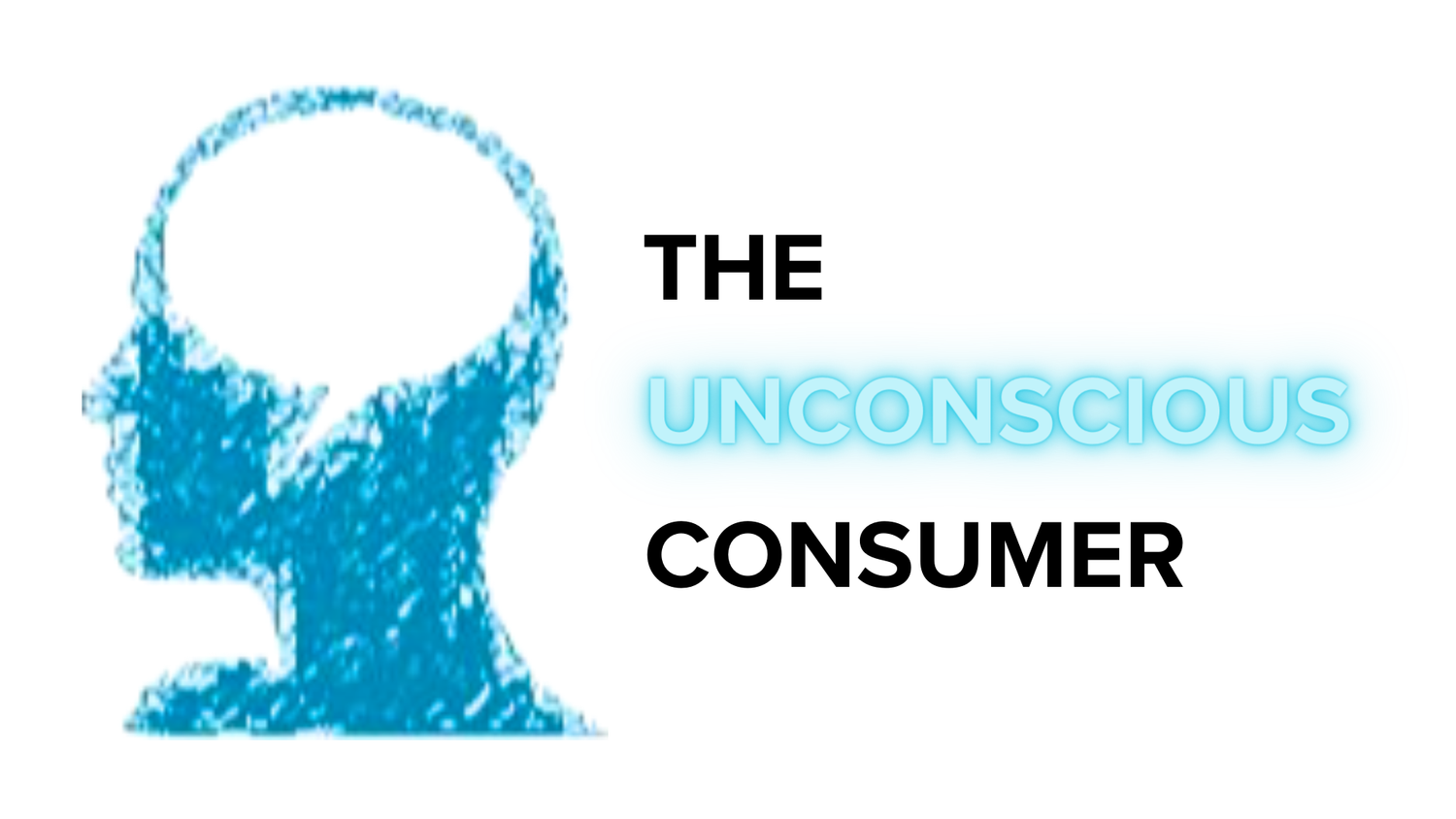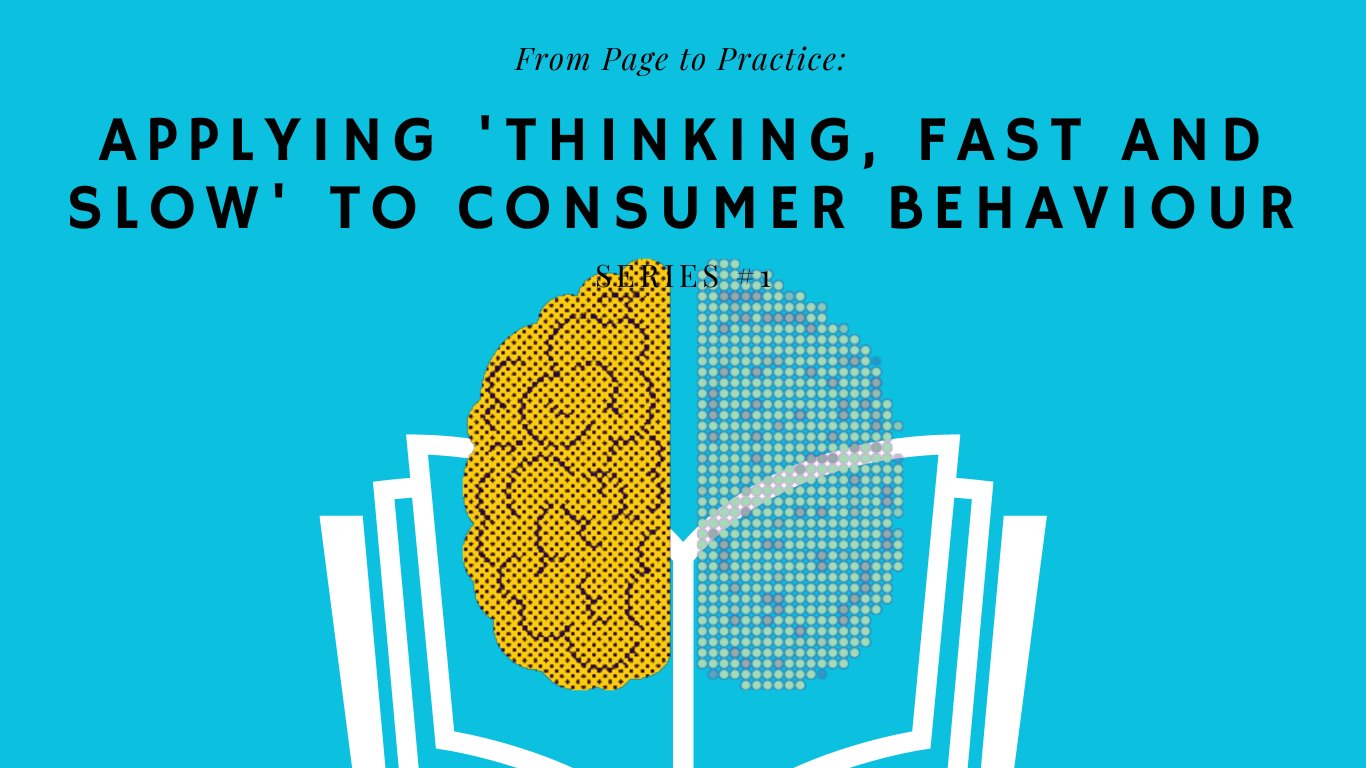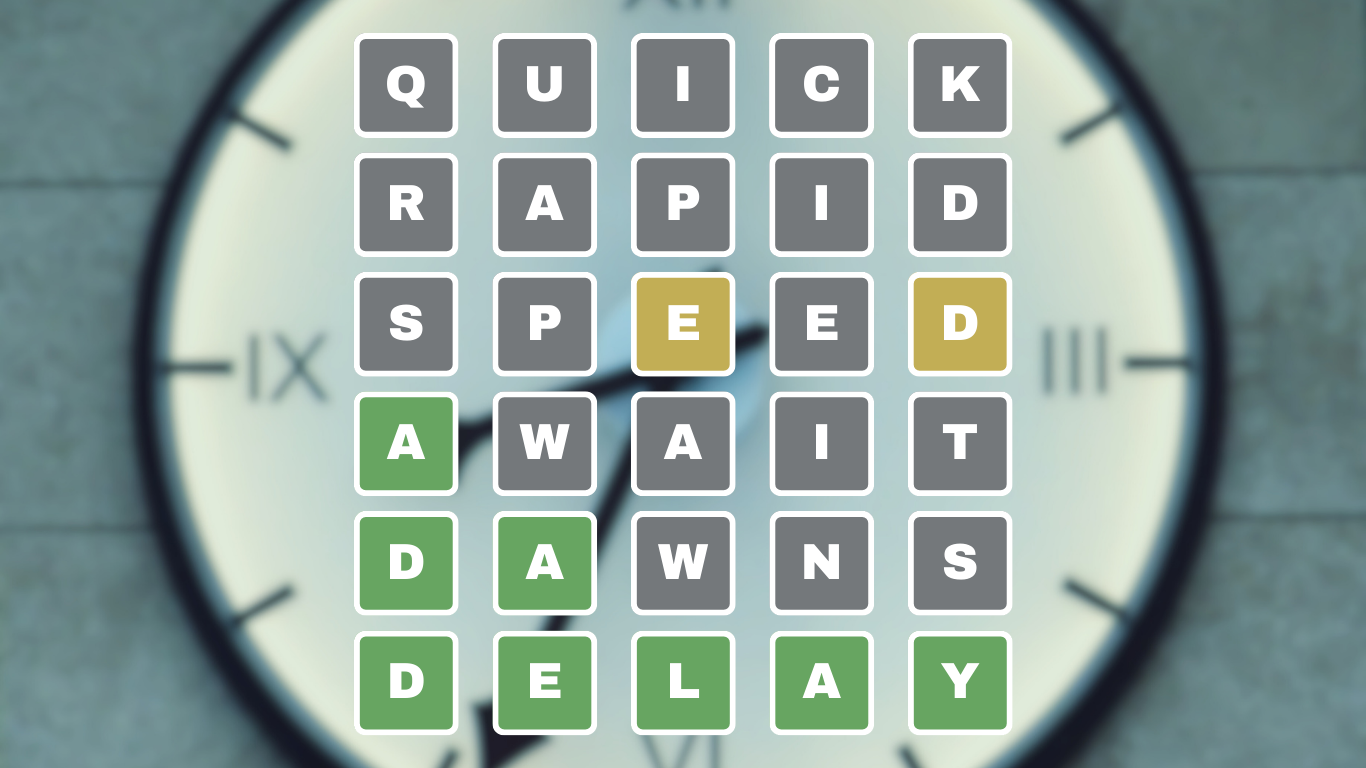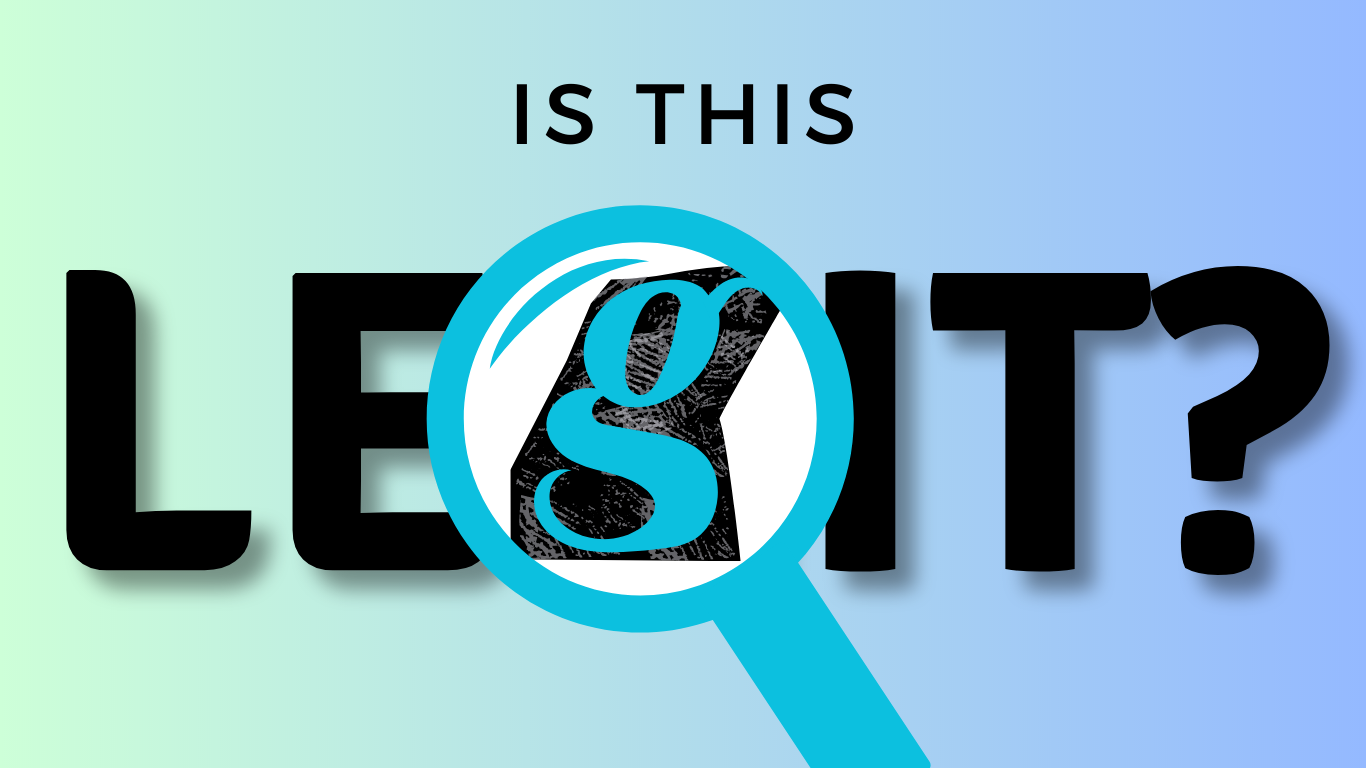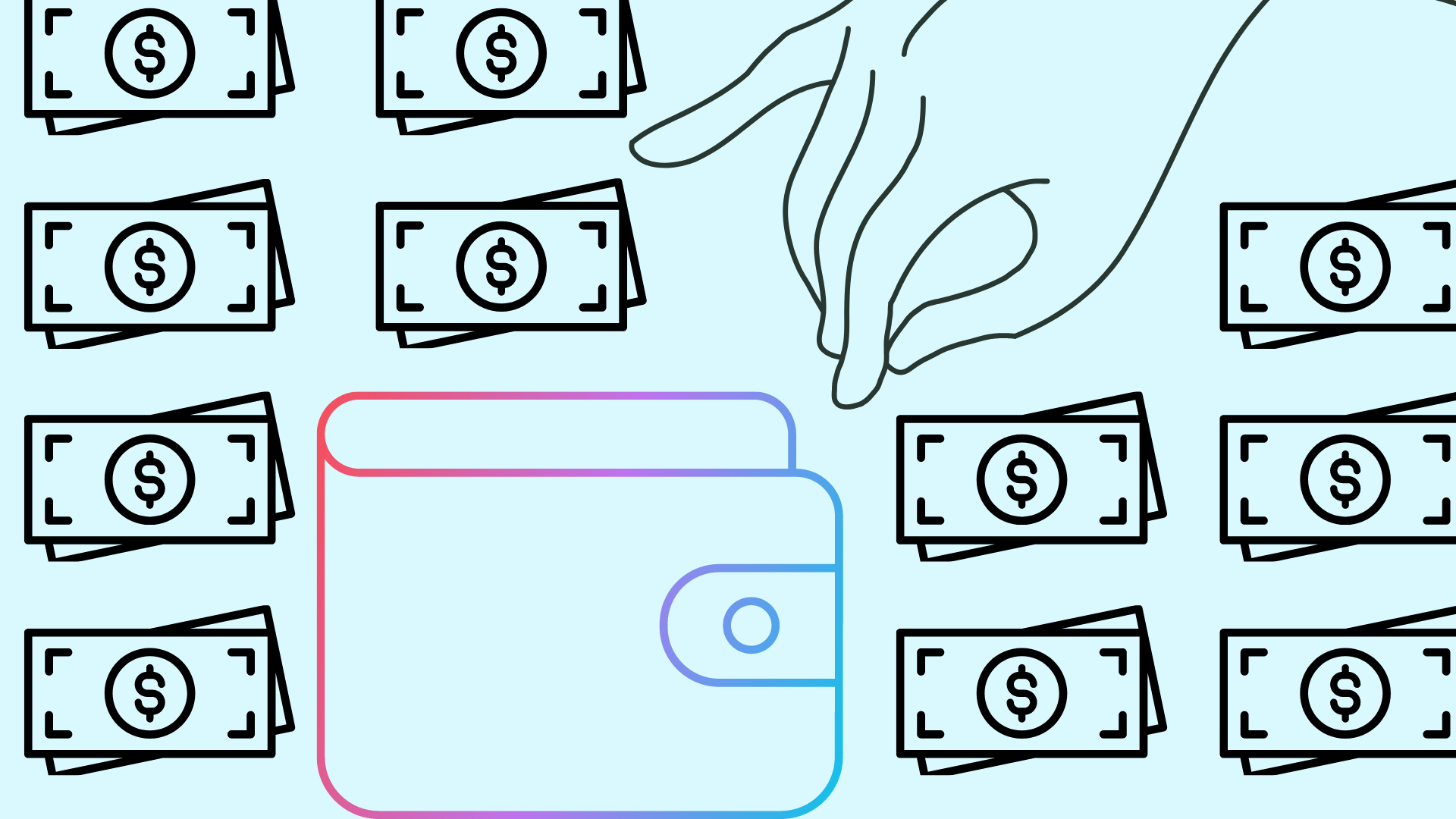Behavioral Economics Primer
Introduction to Behavioral Economics
What is Behavioral Economics?
Behavioral Economics is a field of study within economics that attempts to understand why individuals make irrational decisions and how their behavior does not always follow the predictions of traditional economic theories. Instead of assuming that all individuals act as perfectly rational agents, behavioral economists believe that psychological, cognitive, emotional, cultural, and social factors can significantly influence economic decisions. They use insights from psychology to develop models that better predict human behavior.
Additional Sources:
"Behavioral Economics" from Stanford Encyclopedia of Philosophy: https://plato.stanford.edu/entries/economics-behavioral/
Why is Behavioral Economics Different from Traditional Economics?
Traditional economics, often referred to as classical economics, is based on the assumption that individuals are rational agents who aim to maximize their utility. It posits that people have perfect information, are forward-looking, and always make self-interested decisions that enhance their satisfaction or utility.
In contrast, behavioral economics acknowledges that people often behave irrationally due to various biases, emotions, and other cognitive factors. It seeks to enrich our understanding of decision-making by integrating insights from psychology, neuroscience, and sociology into economic analysis.
Additional Sources:
Behavioral Economics: Reunifying Psychology and Economics" from Proceedings of the National Academy of Sciences: https://www.pnas.org/content/96/19/10575
Key Concepts and Theories in Behavioral Economics
What is Nudge Theory?
The Nudge Theory is a concept in behavioral science, political theory, and economics that proposes positive reinforcement and indirect suggestions as ways to influence the behavior and decision-making of groups or individuals. The term 'nudge' was popularized by behavioral economists Richard Thaler and Cass Sunstein in their book "Nudge: Improving Decisions About Health, Wealth, and Happiness." The theory suggests that by subtly shaping the choice architecture, we can nudge people towards the most beneficial decisions without restricting their freedom of choice
Additional Sources:
Nudge: Improving Decisions About Health, Wealth, and Happiness" from Google Books: https://books.google.com/books/about/Nudge.html?id=1Ye5AQAACAAJ
What is Prospect Theory?
Prospect Theory is a behavioral economic theory that describes the way people choose between probabilistic alternatives that involve risk, where the probabilities of outcomes are known. Developed by Daniel Kahneman and Amos Tversky in 1979, the theory proposes that people make decisions based on the potential value of losses and gains rather than the final outcome. This concept gave birth to the "loss aversion" principle, which argues that people prefer avoiding losses to acquiring equivalent gains.
Additional Sources:
Prospect Theory: An Analysis of Decision under Risk" from Econometrica Journal: https://www.jstor.org/stable/1914185
What is Loss Aversion?
Loss aversion is a principle of Prospect Theory that refers to people's tendency to prefer avoiding losses rather than acquiring equivalent gains. In other words, the pain of losing is psychologically about twice as powerful as the pleasure of gaining. This asymmetric psychological response to gains and losses can significantly impact decision-making processes and lead to irrational behavior.
Additional Sources:
Choices, Values, and Frames" from Google Books: https://books.google.com/books/about/Choices_Values_and_Frames.html?id=1uzMCsYrJd4C
Cognitive Biases and Heuristics in Behavioral Economics
What are the Most Common Cognitive Biases?
Cognitive biases are systematic errors in thinking that affect the decisions and judgments that people make. Some of the most common cognitive biases include:
Confirmation Bias: The tendency to search for, interpret, favor, and recall information in a way that confirms one's preexisting beliefs or hypotheses.
Anchoring Bias: The tendency to rely heavily on the first piece of information encountered (the 'anchor') when making decisions.
Availability Heuristic: The tendency to overestimate the likelihood of events with greater "availability" in memory, which can be influenced by how recent the memories are or how emotionally charged they are.
Hindsight Bias: The tendency to believe, after an outcome is already known, that one would have foreseen or predicted it.
What is Anchoring?
Anchoring, or the anchoring bias, is a cognitive bias that refers to the tendency to rely too heavily on the first piece of information encountered (the 'anchor') when making decisions. Once an anchor is set, subsequent judgments are made by adjusting away from that anchor. The bias occurs when the adjustment is insufficient, leading to decision-making that is skewed towards the initial anchor.
Additional Sources:
"Judgment under Uncertainty: Heuristics and Biases" from Science Journal: https://science.sciencemag.org/content/185/4157/1124
What is the Availability Heuristic?
The availability heuristic is a mental shortcut that relies on immediate examples that come to mind when evaluating a specific topic, concept, method, or decision. The availability heuristic operates on the notion that if something can be recalled, it must be important, or at least more important than alternative solutions which are not as readily recalled.
Additional Sources:
"Availability: A Heuristic for Judging Frequency and Probability" from Cognitive Psychology: https://www.sciencedirect.com/science/article/abs/pii/0010028579900276
What is the Recency Bias?
The recency bias is a cognitive bias that favors recent events over historic ones. A person with recency bias would place more importance on the most recent event, such as the final lawyer's closing argument a jury hears before being dismissed to deliberate. This bias can affect any decision-making process where time is a factor and can often lead to mistakes or flawed judgments.
Additional Sources:
"The Persistence of Memory: The Effect of Recency on Perception and Behavior" from Psychology Today: https://www.psychologytoday.com/intl/blog/the-social-self/202105/the-persistence-memory-the-effect-recency-perception
What is the Hindsight Bias?
Hindsight bias, often referred to as the "knew-it-all-along" effect, is the inclination to see events that have already occurred as more predictable than they were before they took place. It is a common perception bias where people believe, after the fact, that an event was more predictable than it actually was before it occurred.
Additional Sources:
"Hindsight Bias" from APA Dictionary of Psychology: https://dictionary.apa.org/hindsight-bias
What is the Ambiguity Effect?
The ambiguity effect is a cognitive bias where decision making is affected by a lack of information, or "ambiguity." The effect implies that people tend to select options for which the probability of a favorable outcome is known, over an option for which the probability of a favorable outcome is unknown. In other words, the more ambiguous an option is, the less likely it is to be chosen.
Additional Sources:
"Decision Making under Uncertainty" from ScienceDirect: https://www.sciencedirect.com/topics/neuroscience/decision-making-under-uncertainty
What are Examples of Confirmation Bias?
The tendency to search for, interpret, favor, and recall information in a way that confirms one's preexisting beliefs or hypotheses. Confirmation bias is evident in many real-world situations. For example:
A person holding a specific political belief might only listen to news that aligns with their pre-existing views and ignore news that contradicts them.
A doctor with a preliminary diagnosis might seek evidence that confirms the initial diagnosis while disregarding or minimizing data that contradicts it.
Additional Sources:
"Biased Assimilation and Attitude Polarization: The Effects of Prior Theories on Subsequently Considered Evidence" from Journal of Personality and Social Psychology: https://psycnet.apa.org/record/1979-25733-001
What is the Illusion of Control?
The illusion of control is a cognitive bias whereby people overestimate their ability to control events, for instance, it occurs when someone feels a sense of control over outcomes that they demonstrably do not influence
Additional Sources:
"The Illusion of Control" from Journal of Personality and Social Psychology: https://psycnet.apa.org/record/1975-20760-001
What is the Overconfidence Effect?
The overconfidence effect is a cognitive bias in which someone believes subjectively that their judgement is better or more accurate than it objectively is. It's a common bias in which a person's subjective confidence in their judgments is reliably greater than their objective accuracy.
Additional Sources:
"Overconfidence in Interval Estimates: Testing the Anchoring-and-Adjustment Hypothesis" from Organizational Behavior and Human Decision Processes: https://www.sciencedirect.com/science/article/abs/pii/S0749597800926395
What is Hyperbolic Discounting?
Hyperbolic discounting refers to the tendency for people to increasingly choose a smaller-sooner reward over a larger-later reward as the delay occurs sooner rather than later in time. It's a psychological principle that explains why we are often impatient.
Additional Sources:
"Hyperbolic Discounting" from Quarterly Journal of Economics: https://academic.oup.com/qje/article-abstract/112/2/443/1871102
Psychological Phenomena and Decision-Making
What are Framing Effects?
Framing effects refer to the observation that people's decisions can be influenced by the way the situation is presented or framed. For example, the way a question or statement is worded can affect the response or decision that a person makes. A choice can appear more or less attractive depending on whether it is presented as a potential loss or a potential gain.
Additional Sources:
"Framing: Toward Clarification of a Fractured Paradigm" from Journal of Communication: https://academic.oup.com/joc/article-abstract/43/4/51/4085605
What are Examples of Framing Effects?
Framing effects can be found in many areas of life:
In marketing, a discount for cash payments is framed as a bonus for paying cash, rather than a penalty for using a credit card.
In healthcare, a doctor might say "You have a 90% chance of survival" instead of "There is a 10% chance of death," even though both statements mean the same thing. The positive frame is more likely to comfort the patient.
What is the Bandwagon Effect?
The bandwagon effect is a psychological phenomenon in which people do something primarily because other people are doing it, regardless of their own beliefs, which they may ignore or override. This tendency to conform to the behaviors of a group is a fundamental characteristic of human behavior and can often lead to the adoption and spread of trends, fads, and ideas.
Additional Sources:
"Bandwagon, Snob, and Veblen Effects in the Theory of Consumers' Demand" from Economica: https://www.jstor.org/stable/2549071
What is Cognitive Dissonance?
Cognitive dissonance is a theory in psychology that refers to the mental discomfort (psychological stress) experienced by a person who simultaneously holds two or more contradictory beliefs, ideas, or values. The individual feels an inherent pressure to reconcile the contradiction to reduce their discomfort, often by modifying or discarding one of the conflicting beliefs.
Additional Sources:
"Cognitive Consequences of Forced Compliance" from Journal of Abnormal and Social Psychology: https://psycnet.apa.org/record/1959-09865-001
What is the IKEA Effect?
The IKEA effect is a cognitive bias in which consumers place a disproportionately high value on products they partially created. The name derives from the Swedish manufacturer and furniture retailer IKEA, which sells many furniture products that require assembly. The effect highlights the increase in valuation people have for self-made products.
Additional Sources:
"The IKEA Effect: When Labor Leads to Love" from Harvard Business School: https://www.hbs.edu/faculty/Pages/item.aspx?num=41233
What is the Ben Franklin Effect?
The Ben Franklin effect is a psychological phenomenon that occurs when a person who has performed a favor for someone is more likely to do another favor for that person than they would be if they had received a favor from that person. In other words, we grow to like people for whom we do nice things, and we dislike people to whom we are unkind.
Additional Sources:
"Ben Franklin Effect" from Psychology Today: https://www.psychologytoday.com/intl/basics/ben-franklin-effect
What is the Decoy Effect?
The Decoy Effect, or asymmetric dominance effect, is a phenomenon where consumers change their preference between two options when presented with a third option that is asymmetrically dominated. It occurs when one option is inferior in all respects to another but is superior in one respect to a third. The inferior option is the "decoy" and serves to increase preference for the dominating option.
Additional Sources:
"Behavioral Decision Theory, Marketing, and Issues of Information" from Journal of Marketing Research: https://journals.sagepub.com/doi/abs/10.2307/3151650
